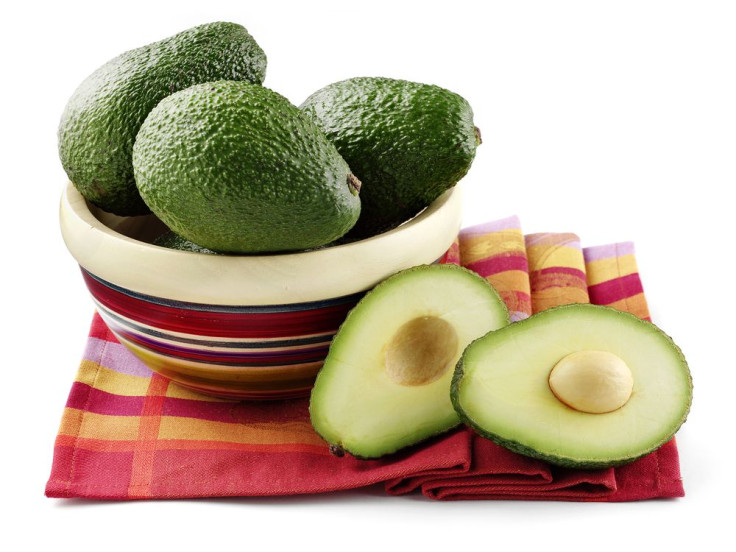
Avocados have become a staple in the United States, as the country is consuming 1,137,749,941 pounds of the fruit a year. With an estimated 61 percent of avocados being retailed in America coming from Mexico, it comes as no surprise that nation's avocado market is booming and thriving. But what many consumers do not know about the avocado they're purchasing is that, if imported from Mexico, it could be harboring a dark, violent secret.
In the state of Michoacán, located in the southwest of Mexico, 80 percent of the avocados grown are exported to the United States. And of the total profits that farmers generate by shipping 986 million pounds of green avocado, 2 billion pesos a year ($152 million at 13.51 pesos to the dollar) are given to the Knights Templar drug cartel in the form of extortion payments. According to El Economista, the cartels extort the residents of the avocado-growing muncipalities anywhere from one to three pesos (8 to 23 cents) per kilogram of fruit. Should a farmer protest, then their fate can be seen in the two victims whose avocado packing plants were burned to the ground last April for refusing to pay.
As the truth of Michoacán's avocados makes headlines, it was only a matter of time before someone asked an obvious question: As consumers, are we enabling the cartels by purchasing Michoacán avocados? According to the Wall Street Journal, the answer is yes. In a recent piece, José de Córdoba equates Michoacán's avocados to Africa's "blood diamonds," where diamonds produced by exploited workers in central and western Africa are considered to be "conflict diamonds" since the profits fund rebel organizations. Conflict diamonds have become so notorious that consumers are avoiding diamonds sourced from war-torn areas and the diamonds have become illegal.
The argument for boycotting Michoacán's avocados is not difficult to make: the Knights Templar drug cartel is responsible for exporting crystal meth to the United States and, on a more local scale, holds control of Michoacán communities by extorting, kidnapping and raping the citizens. But there is a case to be made for not boycotting the avocados, as doing so would do more harm to the farmers than the cartel by taking away their livelihood. With no clear ethical "right answer," the decision boils down to the farmers and fruit-sellers who will be directly affected by a potential boycott.
If the recent actions of the citizens of Michoacán are any indication, then the locals are just as discontent with the cartels as the rest of the world. Vigilante militiamen -- made up of farmers, shopkeepers, doctors and taxi-drivers -- have stepped up to regain control of Michoacán region of Mexico. Known locally as autodefensas, the vigilante group has slowly been gaining momentum in regions by killing cartel members, destroying their symbols and declaring towns and villages to be free. The governments response to the vigilante group has been mixed, thus far, with arrests made last year to the group being brought under the umbrella of the Mexican army.
© 2025 Latin Times. All rights reserved. Do not reproduce without permission.




